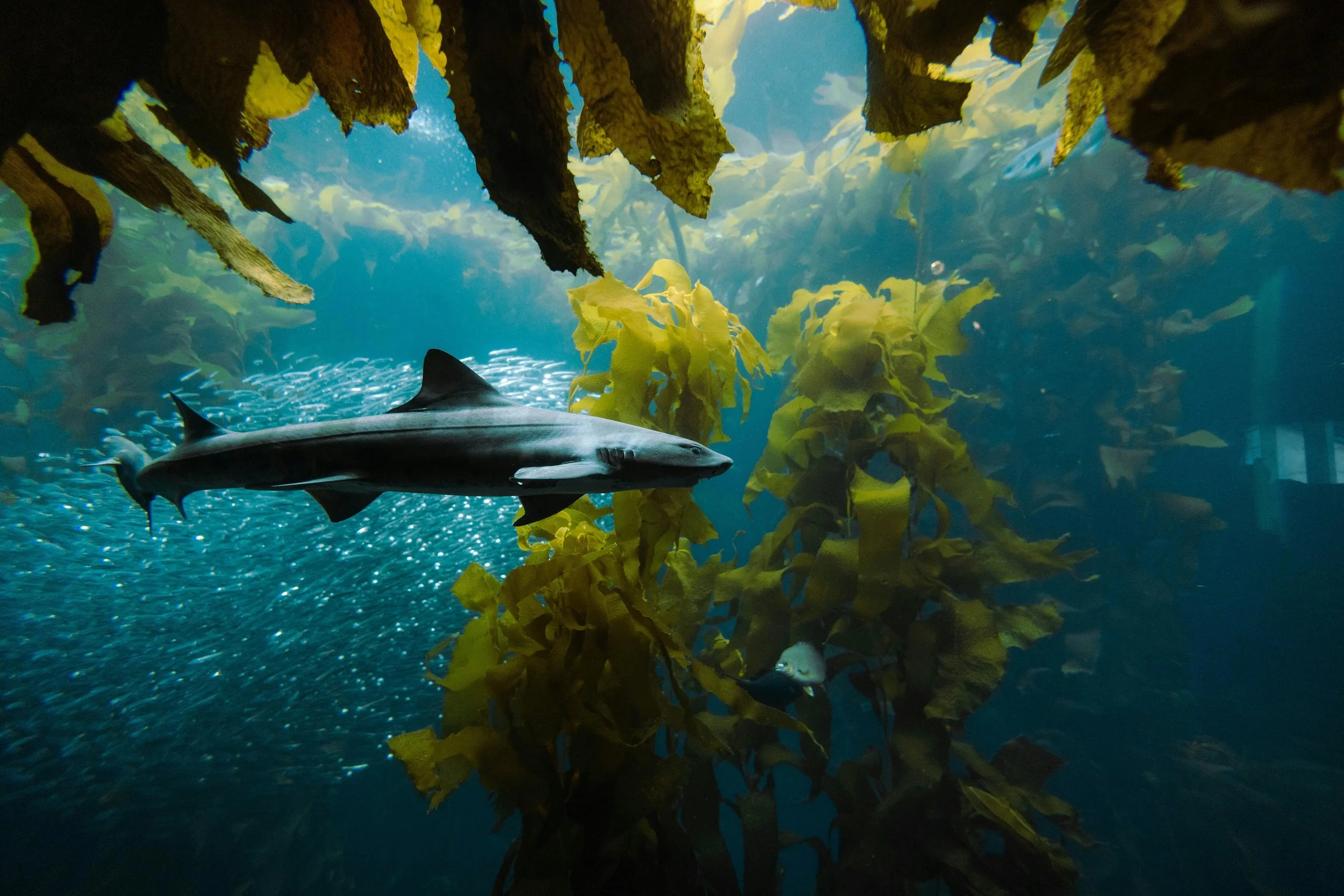Sharks Are Disappearing—and It’s Worse Than You Think
When you think about shark conservation, what comes to mind? A man-eater? A villain from a Hollywood thriller? What if I told you the sharp decline in shark populations isn’t just a wildlife concern—it’s a red flag for the health of our oceans?
Let’s break down what’s happening to sharks, why it matters, and what can still be done to protect them.
Why Sharks Matter
Sharks have been on Earth for over 400 million years. They survived five mass extinction events. As apex predators, they help regulate ocean ecosystems by keeping fish populations in check. Without sharks, marine food webs collapse.
Yet today, shark populations have plummeted. Since the 1970s, global shark numbers have dropped by more than 70 percent in many regions.
What’s Causing the Decline?
1. Overfishing and Bycatch
Commercial longline fishing vessels use miles of baited hooks that catch sharks unintentionally or deliberately. These lines are indiscriminate. Sharks are also often caught as bycatch—hauled in by mistake and discarded, dead or dying.
2. Shark Finning
The most brutal practice is shark finning: slicing off a shark’s fins while it’s still alive, then tossing it back into the ocean to suffocate or be eaten. The fins are used primarily for shark fin soup, a luxury status dish in parts of China and Taiwan. One bowl can cost over $100.
Each year, approximately 100 million sharks are killed. That’s nearly 200,000 per day.
The Global Shark Fin Market
Costa Rica is one of the world’s leading hubs for the illegal shark fin trade. Ports on the Pacific coast unload tens of thousands of tons of fins, largely controlled by organized crime groups from Taiwan and Indonesia. Despite national laws, corruption and fear keep enforcement nearly nonexistent.
Journalists, filmmakers, and investigators—including celebrity chef Gordon Ramsay and documentarian Rob Stewart—have faced physical threats when reporting on this trade. Stewart’s film Sharkwater chronicles this dangerous world.
Species in Crisis
Silky sharks in the Gulf of Mexico: population down 86 percent
Shortfin makos in the Mediterranean: down 70 percent
Deep-sea sharks: one-third of species threatened with extinction
Open-ocean species most affected: great white, blue shark, hammerhead, tiger shark, mako
Sharks reproduce slowly. Some don’t mature until 10 years old and only have one pup every few years. Fisheries catch juvenile and adult sharks without regulation, which makes population recovery extremely difficult.
Ecological Collapse Follows
The decline of sharks causes ripple effects. In The Bahamas, reduced shark populations led to a boom in grouper numbers. Groupers overeat reef fish that normally consume algae. The result: algae spread unchecked, smothering coral reefs.
This isn’t a one-off. It’s a pattern we see globally.
Where Conservation Is Working
The Bahamas
Designated its entire national waters as a shark sanctuary in 2011. Commercial shark fishing is banned. Over 40 species are protected, and populations are recovering. The tourism economy benefits from people coming to dive and swim with sharks.
Palau
Created the world’s first shark sanctuary in 2009, protecting 600,000 square kilometers of ocean. Home to over 130 vulnerable shark and ray species.
United States
Banned shark finning on US-flagged vessels. In 2023, Congress passed legislation banning the buying and selling of shark fins nationally.
Other Countries
The Maldives, Micronesia, Guam, and the Marshall Islands have all enacted strong shark protection laws. Even Taiwan banned shark finning in 2012. Hong Kong began enforcing protections for endangered shark species in 2018.
But Illegal Trade Still Thrives
In Costa Rica, despite bans, mafia-controlled ports continue to operate. Corruption makes enforcement difficult. European countries also remain heavily involved. Spain, Italy, and France are among the top exporters of shark meat.
Sharks Aren’t the Enemy
Globally, there are only 40 to 70 unprovoked shark bites per year—and just 5 to 10 fatalities. You're more likely to be killed by a falling coconut than a shark.
I’ve been swimming in the open ocean for over 20 years, from the Gulf of Mexico to the Pacific. I’ve never had an incident. Sharks are not mindless killers. They are intelligent, sensitive, and vital to the planet’s health.
What You Can Do
Never consume shark fin soup
Support marine conservation groups
Advocate for stricter fishing regulations
Educate others about the ecological role of sharks
Sharks have been here longer than trees. If they disappear, it’s not just a species loss—it’s a planetary failure.
Let’s protect them, not just because we can, but because we must.




